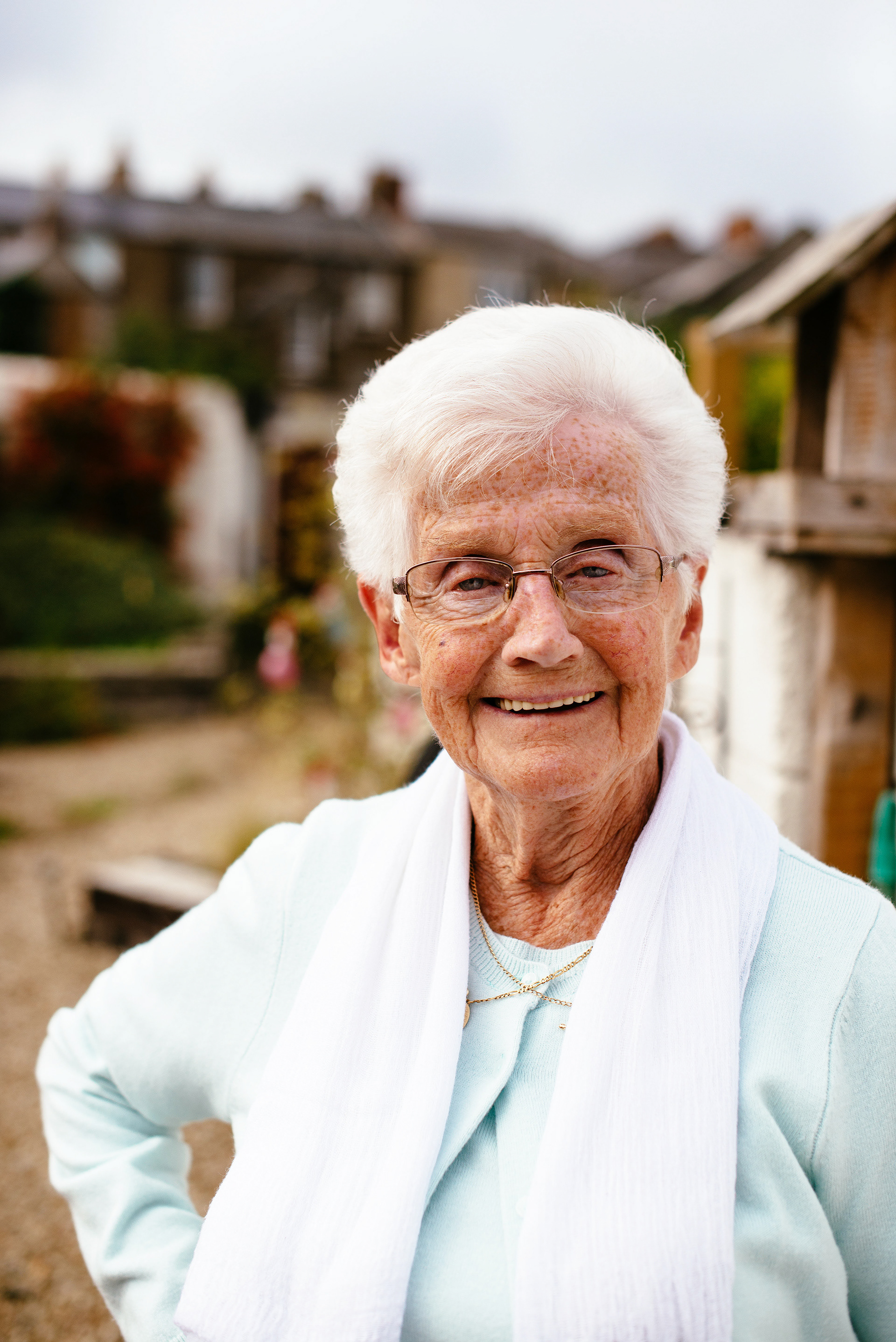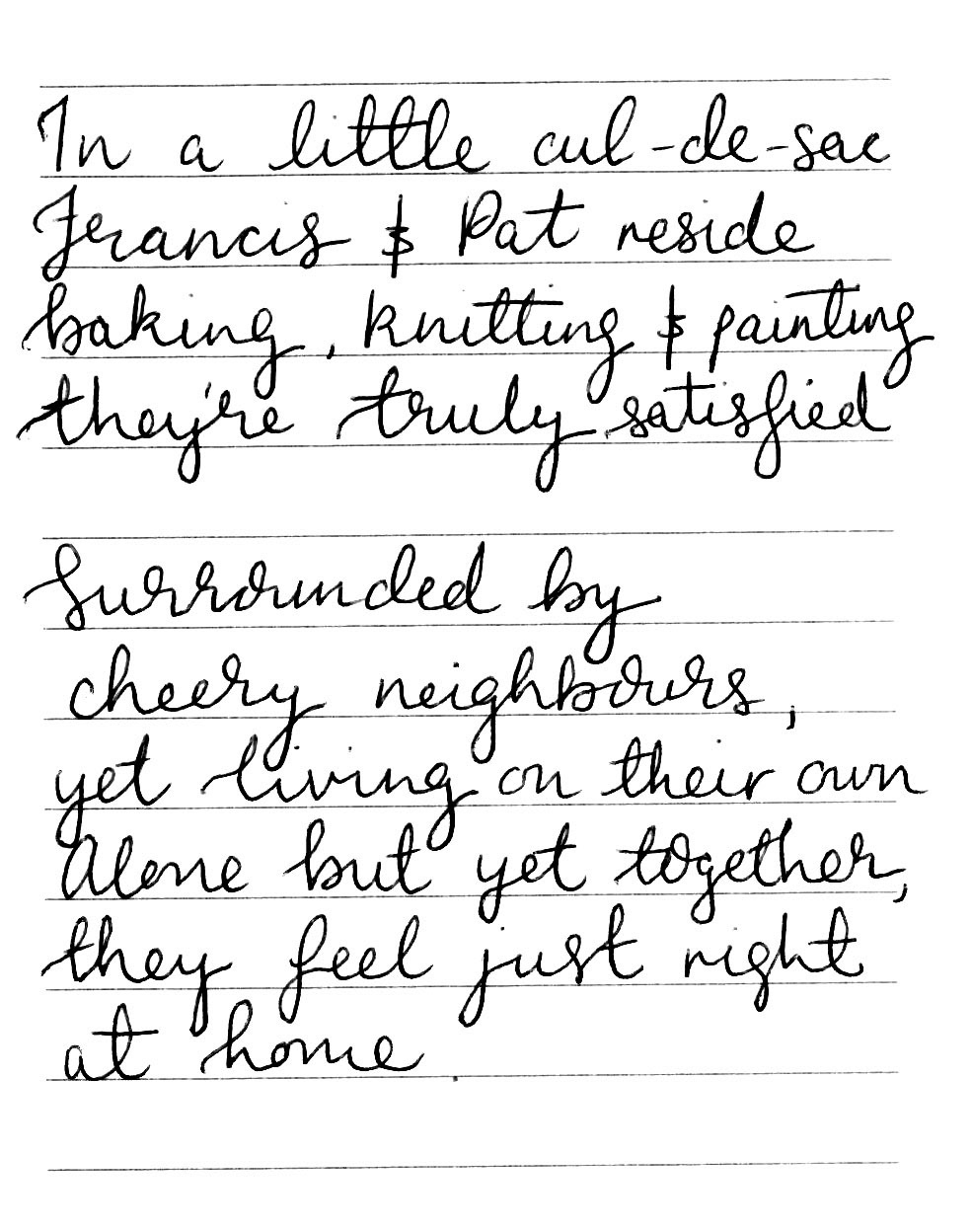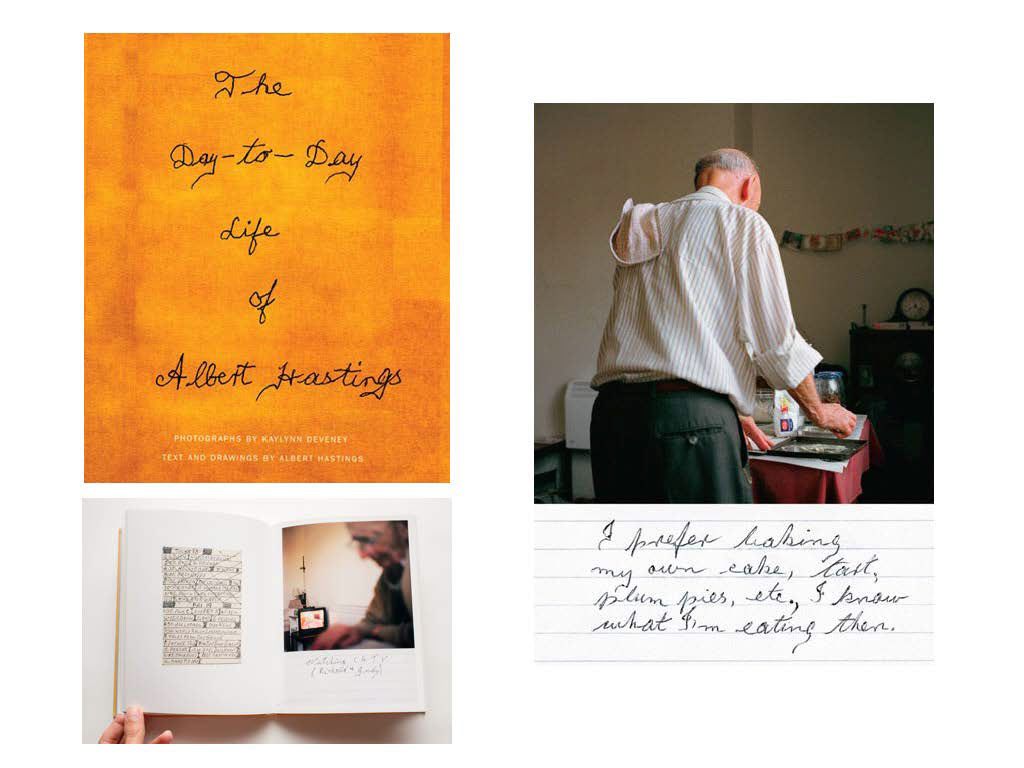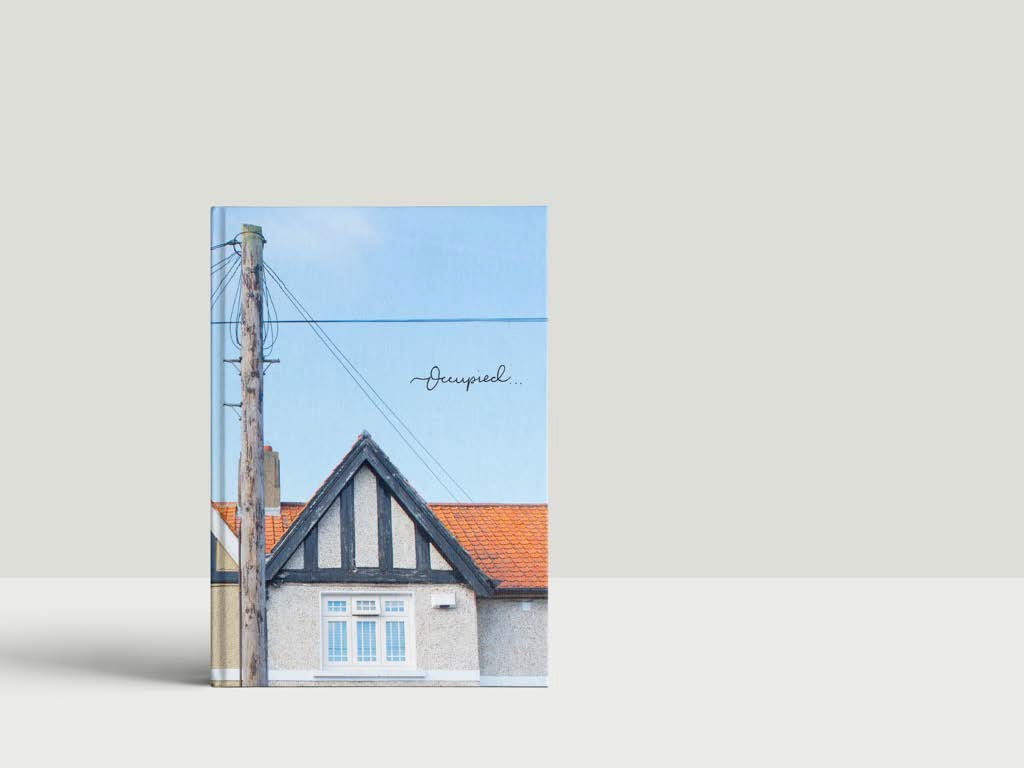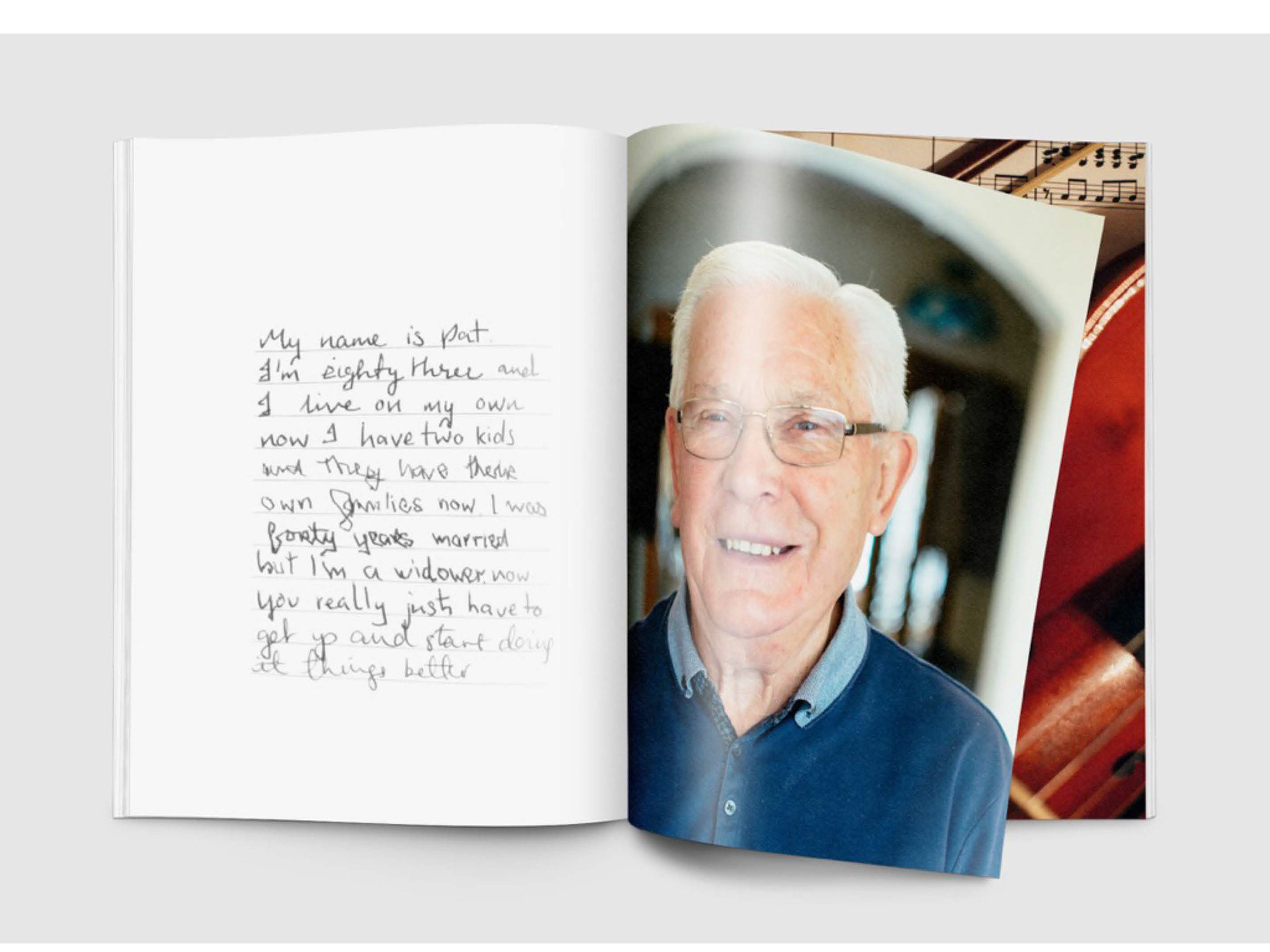A growing epidemic, loneliness affects almost one in 10 people in Ireland. It’s estimated about 400,000 people in Ireland suffer from loneliness. And it increases with age. TILDA (The Irish Longitudinal Study on Ageing) found more than 37% of people aged 50 and over reported feeling lonely often or some of the time suggesting that loneliness is a significant issue among this sector of society. The figure stood at 36% of those aged 50-64, rising to 45% of 75-year-olds and older.
Loneliness among older people is believed to be as damaging to their health as smoking 15 cigarettes a day, with older generations at risk of increased isolation as young emigrants move abroad, according to the Alone charity. “Just under a third of older people in Ireland live on their own and that number will continue to climb,” said Alone’s Mr. Moynihan. “Loneliness has become a chronic situation and is affecting older people’s well-being.” It is vitally important that as we age we maintain strong links with our local community. There is a difference between befriending and ‘being friendly’, while it’s wonderful to say hello to your older neighbour when you see them on the street, that small interaction alone won’t stave off loneliness. Living alone in older age and having a poor social network are correlated with both social and emotional loneliness. Participation in social activities has been found to result in significantly larger social networks and reduced feelings of loneliness among older people.
A nuanced approach, ‘Occupied’ is a booklet which aims to encourage the elderly to participate in more activities and hobbies in order to increase their social networks by following the lives of two cheery seniors, Pat and Francis. Handwritten quotes are placed next to imagery of hobbies that Pat and Francis partake in such as music, painting and knitting.
